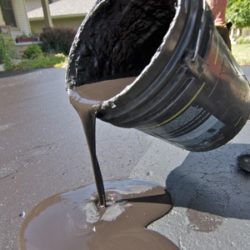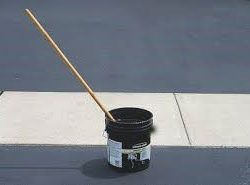Coal Tar Sealant Ban to Asphalt Contractor in Maryland’s Prince George’s County
Effective July 1, 2015, it is illegal to sell, use or permit the use of coal tar pavement products on property in Prince George’s County (click here to review a copy of CB-6-2015). Contractors or property owners that use a coal tar pavement product are subject to a fine of up to $1,000 per day for each violation.[…]




